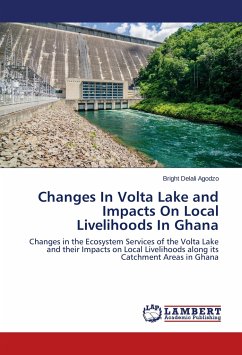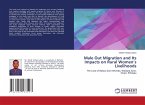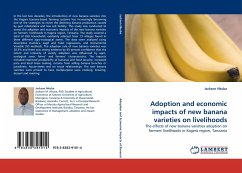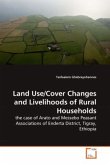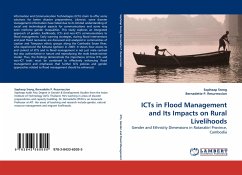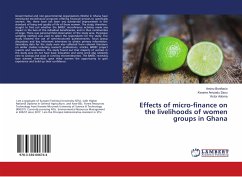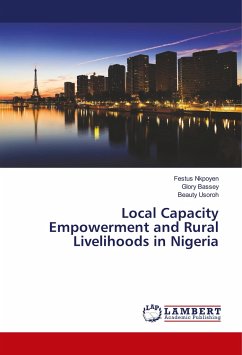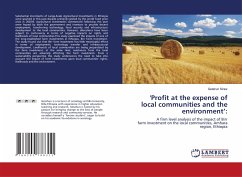Until recently, focus has been on the good things that come with development projects without paying attention to the fallouts that come with them. Hydroelectricity serves as one of the cheapest source of electric power for both industrial and domestic consumption. But the construction of hydroelectric dams comes with huge environmental and social consequences which are most often not catered for. This book analyses the impacts of hydroelectric dams on the environment and surrounding communities. The book sheds more light on the inadequacy and the flaws in the process of resettlement of displaced communities and compensation packages. It also examines the changes that take place in the ecosystems of the lakes and the surrounding environments due to the construction of hydroelectric dams, and the impacts of those changes on human and aquatic life. This book is extremely useful particularly to environmental and social change researchers, professionals and students of environmental sciences, aquatic resource management, social and anthropological studies, development planners, aid workers, social and environmental NGOs and all those interested in social and environmental issues.
Bitte wählen Sie Ihr Anliegen aus.
Rechnungen
Retourenschein anfordern
Bestellstatus
Storno

